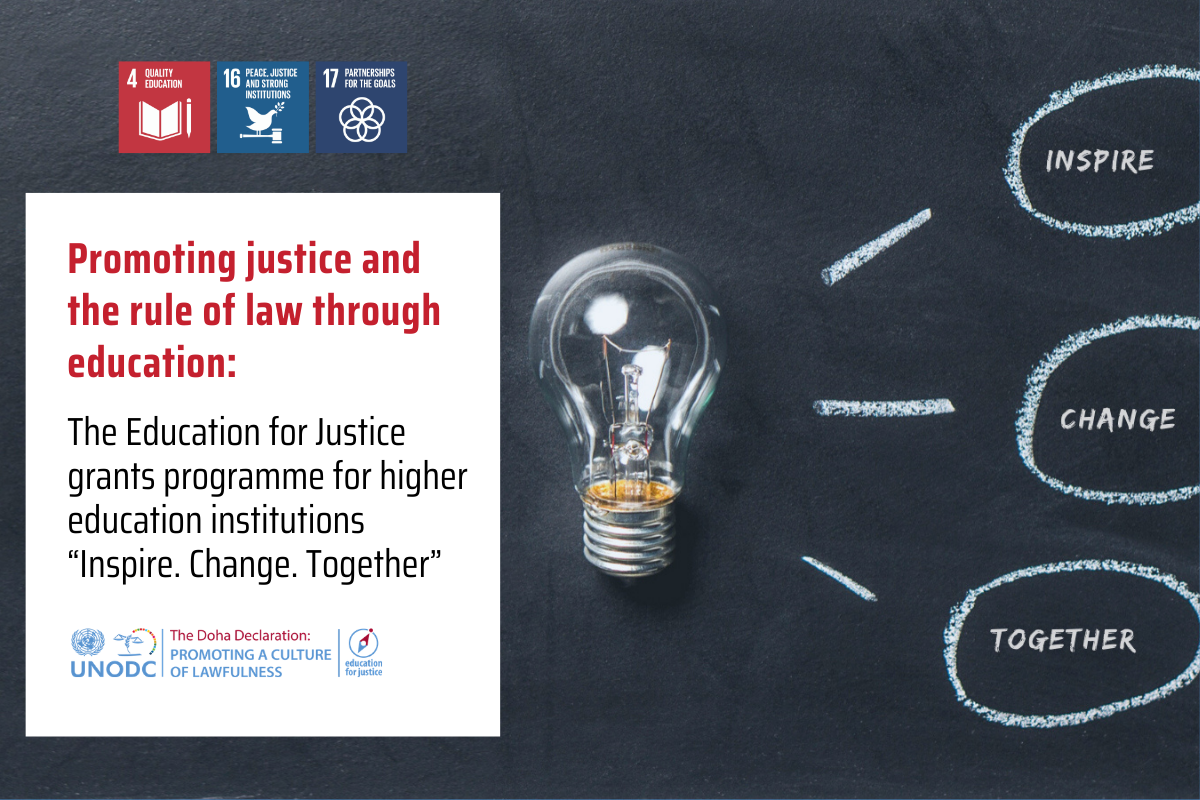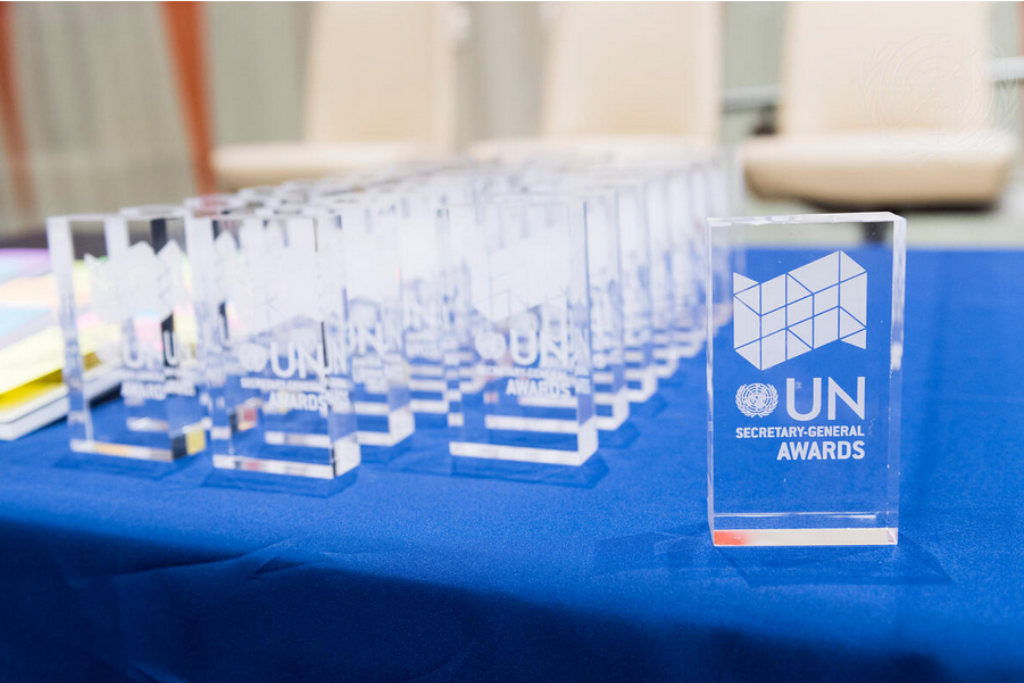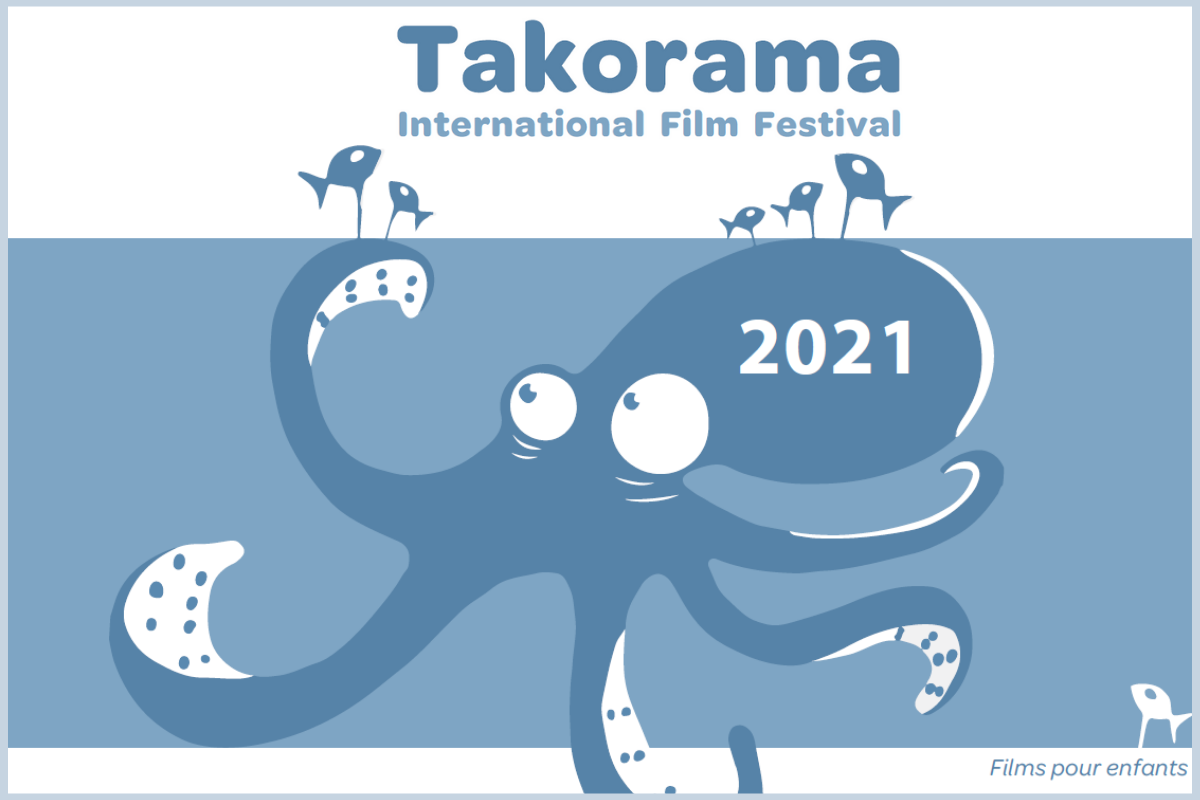UNODC and UNESCO jointly strengthening rule of law through education
28 February 2018 - Educators, academics and policymakers flocked to Paris last week for the sixth regional World Innovation Summit for Education (WISE) Forum, discussing the latest developments in the advancement of education, debating the needs which must still be met, sharing innovative ways of learning with new technologies, and elaborating on various educational concepts in different domains to empower educators and learners.
The WISE@Paris Forum, "Education Futures: Fostering Learning Societies," was the occasion for UNODC's Education for Justice (E4J) initiative and UNESCO to launch their joint publication ' Strengthening the Rule of Law through Education: A Guide for Policymakers,' developed under the partnership 'Global Citizenship Education: Doing the right thing'. The guide ( downloadable here) is intended for education policymakers and other professionals working in the formal education sector, within or outside ministries of education, who are seeking to promote the rule of law and a culture of lawfulness, and who are building new forms of engagement based on global citizenship, human rights, and inclusion - values which are an intrinsic part of Sustainable Development Goal 4 on Education.
|
"Rule of law is the bedrock of sustainable, just, inclusive and peaceful societies, and education has a crucial part in reaching that goal," said Marco Teixeira, Senior Programme Officer of UNODC's Global Programme for the Implementation of the Doha Declaration. "Our Programme continues to develop innovative tools and resources to promote a culture of lawfulness around the world, such as this invaluable policy guide in partnership with UNESCO to foster global citizens with a solid moral and ethical compass."
To mark this launch and further delve into the challenges and issues covered by the guide, a panel of experts was held at UNESCO headquarters to consider perspectives from policymakers, academia, and non-governmental organizations on how to further promote lawfulness and equip learners (of all ages) with the knowledge, skills, values, attitudes and behaviours they need to live together peacefully in diversity.
Launching the discussion, Mr. Teixeira remarked that the task involved forming the right people and reforming the thinking around these issues: "We need to change hearts and minds to promote a culture of lawfulness; education is the best weapon to change the world."
Erlinda Hándal Vega, Deputy Minister of Science and Technology of El Salvador, is a strong proponent of starting with children at the earliest age and arming them with the fundamentals that can help them become global lawful citizens. Since 2017, the Ministry has collaborated with E4J on several educational projects, including the recent launch of a permanent cybercrime exhibition in the renowned children's museum Tin Marín. In particular, Ms. Hándal Vega stressed the necessity of properly training teachers, so they could equally well impart their knowledge on their students and guide the younger generation: "We have to train teachers on how best to support students who are affected by cybercrime."
|
As an academic, Professor Fethi Mansouri of Deakin University in Australia and UNESCO Chair on Cultural Diversity and Social Justice, could only agree with this premise. He advanced the question of how the establishment could move from the aspirational to the performative when raising socially and ethically responsible global citizens; "Youth are not the leaders of tomorrow; they are the leaders of today," he said, stressing the urgency for change. "Indeed, youth empowerment now is a prerequisite for building sustainable societies."
For Onyinge Ough, Executive Director of Step Up, an NGO working to tackle corruption in Nigeria, corruption and its detrimental effect on the rule of law was also a matter of habit, a habit that could be changed in a positive way: "Young people are victims of corruption and poverty, but they are also used to facilitating corruption. We want to change the narrative, we want young people to be agents of change."
In all these ambitions, UNODC's core remit of helping achieve Sustainable Development Goal 16 (peace, justice and strong institutions) is best served with international cooperation at all the required levels. As Mr. Teixeira concluded, "the United Nations cannot succeed alone: partnerships must be at the heart of our strategy."
Additional information:
Education for Justice
Strengthening the Rule of Law through Education: A Guide for Policymakers


